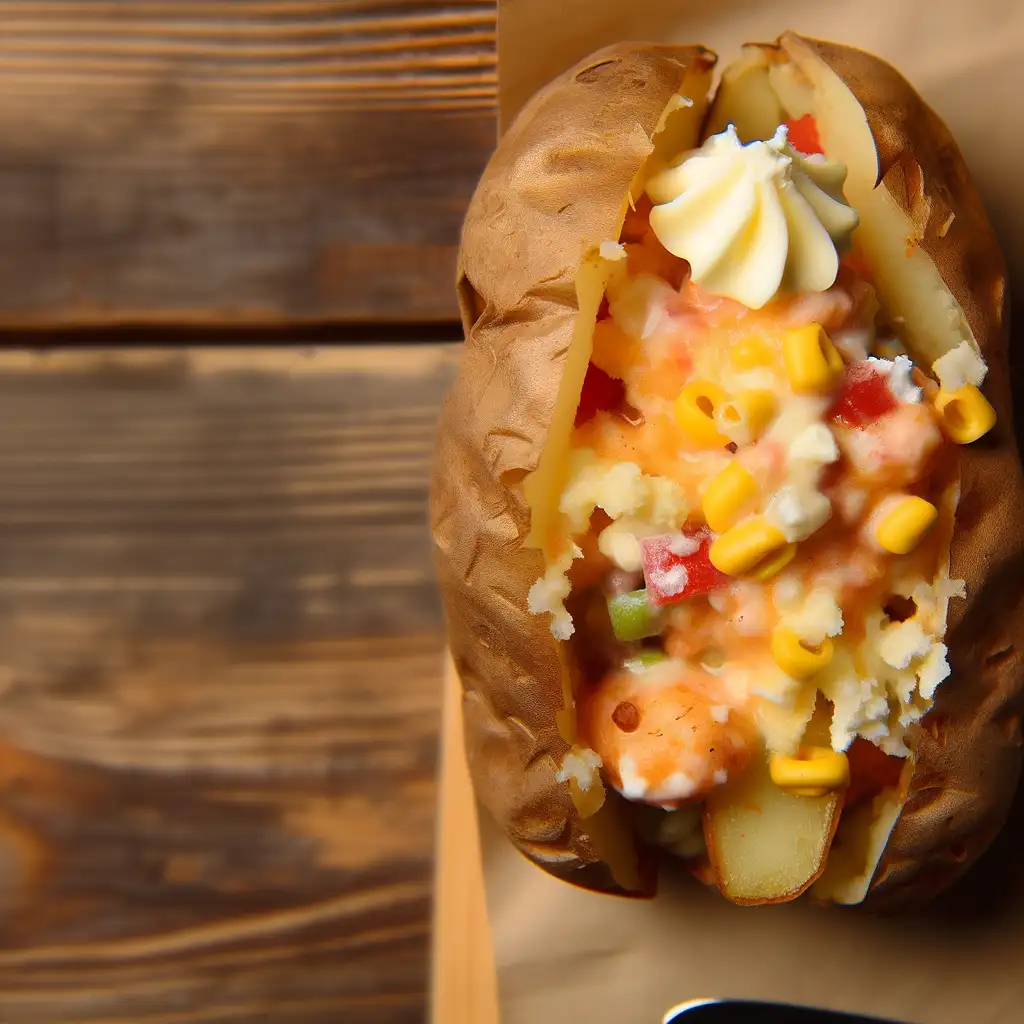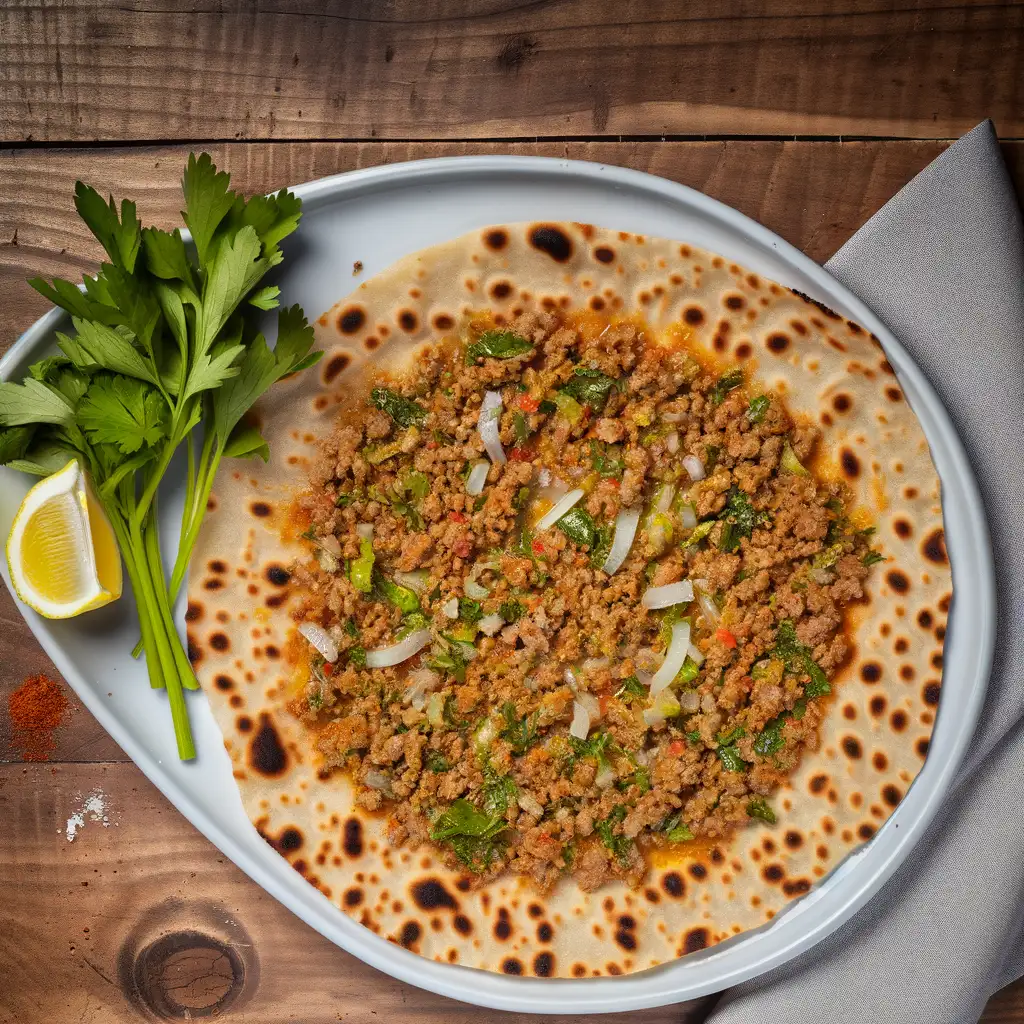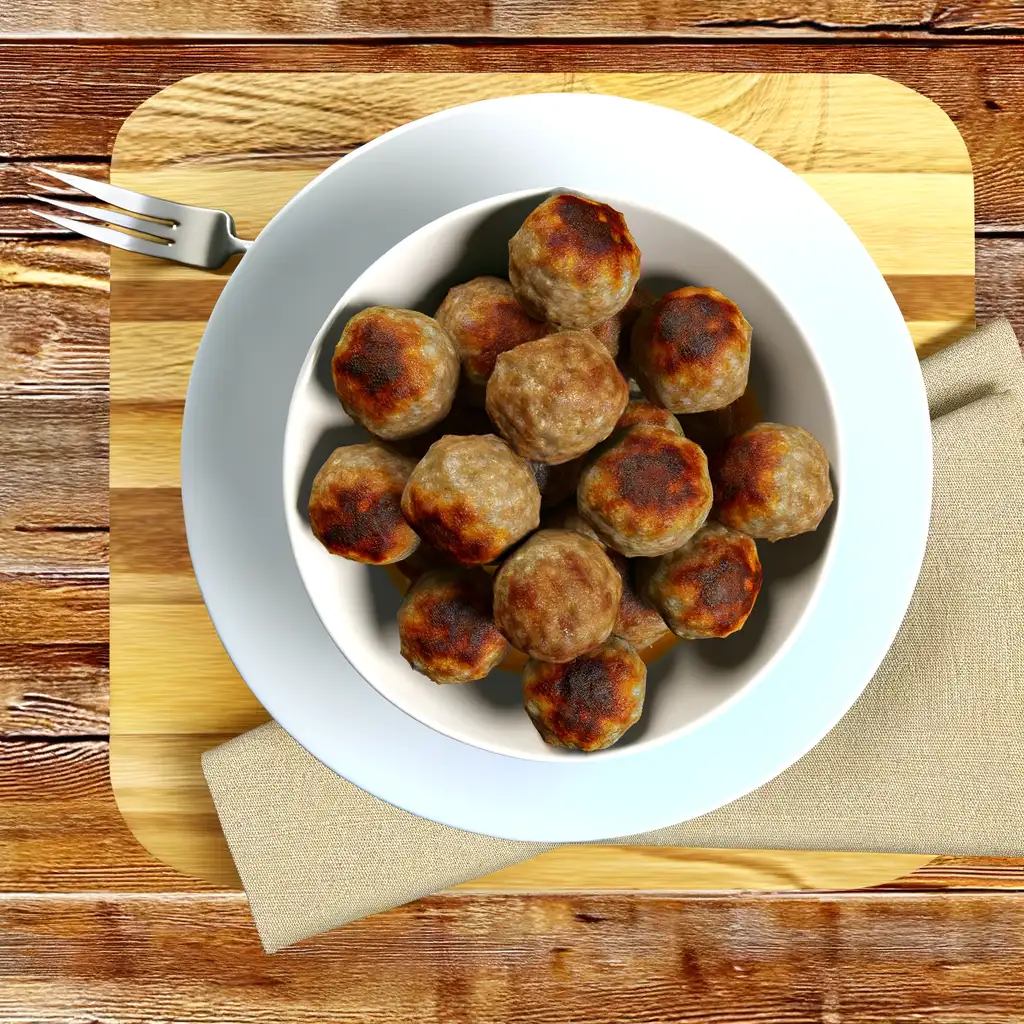



Kadıköy feels like the heartbeat of Istanbul’s Asian side—vibrant,unpretentious,and alive with a creative spirit that wraps around you like a warm breeze. When you stroll through its streets,you’re greeted by the hum of lively markets,the scent of freshly brewed Turkish coffee mingling with salty sea air,and the colorful chaos of street art splashed across old walls. It’s a place where the old and new dance effortlessly:ancient mosques and historic buildings sit side by side with trendy cafes and indie bookstores. The moment you step into the bustling fish market,your senses come alive. Vendors call out with friendly banter,offering the catch of the day while the aroma of grilled seafood wafts through the air. Nearby,cozy tea gardens invite you to sit down,sip on çay,and watch locals animatedly discuss everything from football to politics. As evening falls,the waterfront promenade transforms into a lively gathering spot where the sound of laughter blends with the gentle lapping of the Bosphorus. What makes Kadıköy truly special is its genuine,laid-back vibe. It’s a neighborhood where artists,students,and families mingle effortlessly,creating a rich tapestry of culture and warmth. Whether you’re hunting for vinyl records in a quirky shop,savoring a perfectly spiced street snack,or simply soaking in the sunset over the water,Kadıköy invites you to slow down and savor the moment.
The information on this page is currently being reviewed by Tripkliq and should be used as a guide only
Eng word: Hello
Eng pronunciation: Mehr-hah-bah
Local language: Merhaba
Eng word: Goodbye
Eng pronunciation: Hosh-chah kahl
Local language: Hoşça kal
Eng word: Thank you
Eng pronunciation: Teh-sheh-kur eh-deh-reem
Local language: Teşekkür ederim
Eng word: How much
Eng pronunciation: Neh kah-dahr
Local language: Ne kadar
Eng word: Toilet
Eng pronunciation: Too-vah-let
Local language: Tuvalet
Eng word: Help me
Eng pronunciation: Bah-nah yahr-duhm eht
Local language: Bana yardım et
Eng word: Yes
Eng pronunciation: Eh-veht
Local language: Evet
Eng word: No
Eng pronunciation: Hah-yuhr
Local language: Hayır
Eng word: Excuse me
Eng pronunciation: Ahf-feh-dehr-see-neez
Local language: Affedersiniz
Kadıköy is the modern successor to the ancient city of Chalcedon, founded around 7th century BC. It was known for being a major trading center and has a rich history that predates even the founding of Byzantium (later Constantinople and modern-day Istanbul).
Legend has it that Kadıköy’s ancient name, Chalcedon, means 'City of the Blind'. This stems from a tale that the city's founders, choosing to settle in Kadıköy, overlooked the more strategic and superior location where Istanbul stands today, thus deemed 'blind' by future generations.
Throughout history, Kadıköy has been known for its scholarly and religious significance. The Chalcedonian Creed, a fundamental doctrine in Christianity, originated from the Council of Chalcedon held here in AD 451.
Kadıköy was incorporated into the Ottoman Empire in 1353, even before the conquest of Constantinople. It served as a crucial defensive frontline against potential sea invasions from the Anatolian side.
Constructed in the early 20th century, the Haydarpaşa Train Station is an iconic landmark of Kadıköy. It has served as a major rail terminus and gateway to Istanbul from Anatolia and the Middle East, showcasing magnificent German architecture.
Moda, one of Kadıköy's most popular and vibrant neighborhoods, emerged in the late 19th and early 20th centuries. It is known for its beautiful seaside promenade, Art Nouveau buildings, and a cosmopolitan history that includes diverse communities.
For centuries, Kadıköy has hosted vibrant markets, attracting people from across Istanbul. The Kadıköy Market is renowned for its fresh produce, variety of foods, textiles, and lively atmosphere, continuing the city's long-standing tradition as a commercial hub.
The Bull Statue, located in the heart of Kadıköy, has become an iconic meeting point. Installed in the 1960s, it symbolizes the district’s strength and vitality, serving as a popular rendezvous spot for locals and visitors alike.
Archaeological discoveries in the Fikirtepe district of Kadıköy have unearthed some of the earliest known funerary artifacts in the Istanbul area, indicating the region’s long history of settlement and its importance in ancient trade routes.
In Kadıköy, the most common Power Adaptor is Type C, Type F.



A baked potato stuffed with a variety of toppings such as cheese, butter, and various salads, making it a hearty and customizable meal.

A thin, crispy flatbread topped with minced meat, vegetables, and spices, often rolled up with fresh herbs and lemon.

Grilled or fried meatballs made from minced meat mixed with spices and herbs, commonly served with rice or in a sandwich.

A sesame-crusted bread ring that is crispy on the outside and soft on the inside, often enjoyed as a snack or breakfast item.

A selection of small dishes served as appetizers, including items like hummus, baba ghanoush, and stuffed grape leaves, perfect for sharing.

A popular street food consisting of grilled fish served in a sandwich, often accompanied by onions, lettuce, and a squeeze of lemon.

Turkish tea served in small tulip-shaped glasses, often enjoyed throughout the day and a staple of social gatherings.

Turkish ice cream known for its stretchy and chewy texture, often served with a playful presentation by street vendors.
Located just across the Bosphorus from Kadıköy,Istanbul is a world-famous city with iconic landmarks like Hagia Sophia,Topkapi Palace,and the Blue Mosque. It also offers access to the Princes' Islands,a popular destination for day trips.
ExploreIf you wander into İzmir,you’ll immediately catch its easygoing,sun-kissed vibe—a city that feels like a warm hug from the Aegean itself. The salty breeze drifts through the palm-lined streets,mingling with the scent of fresh figs and roasting chestnuts from street vendors. It’s a place where the past and present dance effortlessly:ancient ruins peek out between modern cafes,and the call to prayer blends with the laughter spilling from seaside taverns. Walking along the Kordon promenade at sunset,you’ll hear the gentle lapping of waves,the clinking of glasses,and the soft strumming of a guitar from a nearby bar,all under a sky painted in shades of coral and gold.
İzmir’s character is refreshingly unpretentious. The locals greet you with genuine warmth,eager to share stories over a cup of strong Turkish coffee or a plate of freshly grilled seafood. The city pulses with a creative energy—art galleries,quirky boutiques,and vibrant markets buzz with life,offering everything from handwoven textiles to zesty olives. Don’t miss the chance to stroll through the historic Kemeralti Bazaar,where the air is thick with spices,and every corner reveals a new treasure.
What makes İzmir truly special is its blend of cultures and its celebration of life’s simple pleasures. Whether you’re savoring a tangy boyoz pastry for breakfast or watching the city lights twinkle from a hilltop café,İzmir invites you to slow down,breathe deeply,and soak in a rhythm that’s uniquely its own.
If you ever find yourself dreaming of a place where history and vibrant seaside life blend effortlessly,Bodrum is that kind of magic. The moment you step into this sun-kissed town,you’re greeted by the salty breeze carrying whispers of ancient tales and the lively chatter of locals and travelers alike. The whitewashed houses tumble down the hills,their blue shutters catching the sunlight,while fishing boats bob gently in the turquoise harbor. It’s a place that feels both timeless and alive,where every corner invites you to slow down and soak in the moment.
Walking through Bodrum’s narrow streets,you’ll catch the scent of freshly grilled seafood mingling with the sweet aroma of jasmine and bougainvillea. Cafés spill out onto cobblestone squares,where the clink of tea glasses and the soft strumming of a saz create a soundtrack that’s both soothing and invigorating. The city pulses with a warm,welcoming energy—locals eager to share stories over a plate of meze or a glass of crisp,local wine.
What really sets Bodrum apart is its seamless blend of old and new. You can explore the imposing medieval castle overlooking the harbor,then wander into bustling markets filled with vibrant textiles,handmade ceramics,and spices that tickle your senses. As the sun dips below the horizon,the sky turns a fiery orange,and the town transforms into a lively hub of music,laughter,and the clinking of glasses. Bodrum isn’t just a destination; it’s a feeling you carry with you long after you leave.
If you ever find yourself dreaming of a place where history whispers through ancient stone walls and the sea breeze carries the scent of citrus and salt,Antalya is that kind of magic. Walking through its old town,Kaleiçi,feels like stepping into a living postcard—narrow cobblestone streets wind past Ottoman-era houses with their colorful shutters,while the call to prayer softly echoes from nearby minarets. The harbor glistens under the sun,dotted with boats bobbing gently,inviting you to linger and watch the world drift by.
The vibe here is effortlessly relaxed but alive with stories. You’ll hear the chatter of locals sipping strong Turkish coffee in tiny cafes,the clinking of tea glasses,and the distant splash of waves against the cliffs. The air is warm,often kissed by a gentle breeze that carries the aroma of freshly grilled seafood mingled with the sweet,earthy smell of pomegranate and figs from nearby markets.
Antalya’s charm lies in its blend of old and new—ancient Roman ruins peek out from modern streets,and vibrant bazaars buzz alongside sleek boutiques. The city pulses with a rich culture that’s both welcoming and unpretentious. Whether you’re wandering through the lush Düden Waterfalls or savoring a plate of spicy kebabs and tangy mezes,you’ll feel a genuine connection to a place that’s as rich in flavor as it is in history. Trust me,Antalya isn’t just a destination; it’s a feeling you’ll want to return to.
If you’re dreaming of a place where the turquoise sea kisses sun-warmed shores and the air carries a hint of pine and salty breeze,Marmaris is that kind of magic. Walking along its lively marina,you’ll hear the gentle clinking of boat masts and the soft murmur of laughter spilling from cozy seaside cafes. The town pulses with a laid-back energy—part beachside retreat,part bustling market town—where every corner invites you to slow down and soak it all in.
The streets are a colorful tapestry of local life,with vendors selling fresh figs and olives,the scent of grilled seafood mingling with the sweet aroma of Turkish coffee. At sunset,the sky blushes in shades of pink and orange,reflecting off the calm waters as fishermen haul in their catch. There’s a warmth here—not just from the sun,but from the people who greet you with genuine smiles and stories of their homeland.
What makes Marmaris truly special is its blend of old and new. You can explore ancient castle walls that whisper tales of centuries past,then wander into vibrant bazaars where artisans craft intricate jewelry and handwoven textiles. Whether you’re savoring a plate of freshly caught sea bass or sipping a cold ayran while watching the world go by,Marmaris feels like a place that invites you to live fully in the moment,with all your senses wide open.
Imagine stepping into a place where the turquoise waters of the Mediterranean gently kiss sun-warmed shores,and the air carries a mix of salty sea breeze and the faint aroma of pine from nearby hills. That’s Fethiye for you—a laid-back coastal town that feels like a warm embrace. Walking through its lively harbor,you’ll hear the chatter of fishermen mending their nets,the clinking of glasses from seaside cafes,and the distant call of seagulls circling above. It’s a place where time slows down just enough for you to savor every moment.
Fethiye’s charm lies in its blend of natural beauty and rich history. The ancient Lycian rock tombs carved into cliffs watch over the town,whispering stories of civilizations long past. Strolling through the bustling market,you’ll be drawn in by vibrant stalls bursting with fresh figs,olives,and spices that fill the air with an intoxicating scent. Grab a seat at a local eatery and taste the tender,smoky flavors of freshly grilled seafood paired with a glass of crisp Turkish white wine—simple pleasures that feel deeply satisfying.
What really makes Fethiye special is its easygoing spirit. Whether you’re wandering the narrow streets lined with colorful bougainvillea or setting off on a boat to explore hidden coves and quiet beaches,there’s a genuine warmth in the smiles of locals and a peaceful rhythm to life here. It’s a place that invites you to slow down,breathe deeply,and soak in the beauty of both nature and culture,leaving you with memories that linger long after you’ve left.
Scammers may approach tourists with fake charity campaigns, pressuring them to donate money.
Scammers may give counterfeit or outdated currency when exchanging money for tourists.
Vendors may sell low-quality or counterfeit items as 'authentic' Turkish goods at inflated prices.
Unlicensed individuals may pose as tour guides, offering subpar or fabricated tours for high fees.
Some taxi drivers may take longer routes or claim their meter is broken to overcharge tourists.
Crowded areas like markets, ferries, and public transport are hotspots for pickpockets targeting distracted tourists.
Some restaurants may add hidden charges or inflate prices for tourists, especially if the menu lacks clear pricing.
Street performers or game operators may lure tourists into betting money on rigged games, such as shell games.
Locals may befriend tourists and invite them to a bar or tea house, where the tourist is later presented with an inflated bill.
A shoe cleaner may 'accidentally' drop their brush near you, then offer to clean your shoes and demand an exorbitant fee afterward.
The use, possession, and trafficking of drugs are strictly prohibited in Turkey, including Kadıköy. Penalties for drug-related offenses are severe and can include long prison sentences and heavy fines. Tourists should be particularly cautious and avoid any involvement with illegal drugs to avoid serious legal consequences.
In Kadıköy, as in the rest of Turkey, smoking is prohibited in all indoor public places, including restaurants, bars, cafes, and public transportation. Smoking is also banned in certain outdoor areas such as playgrounds, school grounds, and hospital premises. There are designated smoking areas in some public places, and it is important to look for signs indicating where smoking is allowed. Violations can result in fines.
Vaping is subject to similar regulations as smoking in Kadıköy. It is prohibited in indoor public places and certain outdoor areas. While vaping is not as widespread as smoking, it is still important to adhere to the same rules and look for designated areas where vaping is permitted. Violations can also result in fines.
What are other people saying about Kadıköy?
Recent Social posts about Kadıköy
There is nothing to show you for now.